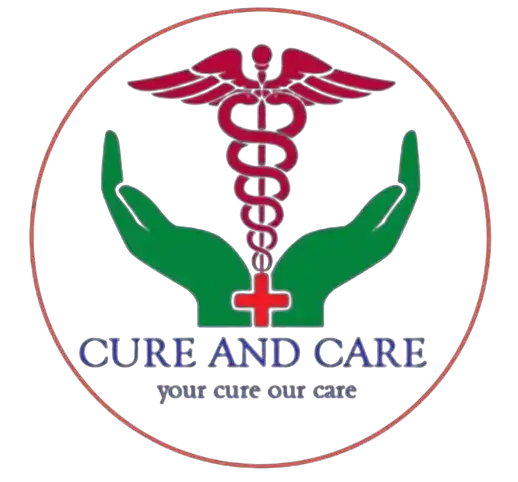Introduction:
The heart, that tireless engine sustaining life within us, is not immune to ailments. Cardiology, the branch of medicine dedicated to the study and treatment of heart disorders, confronts an array of conditions that can compromise its function. In this blog, we embark on a journey through the corridors of cardiology, shedding light on some of the most prevalent problems afflicting the heart.
Understanding Common Cardiology Problems:
Hypertension (High Blood Pressure):
Hypertension is a silent killer, often lurking without symptoms but silently damaging arteries, the heart, brain, kidneys, and eyes. Persistent high blood pressure can lead to heart attacks, strokes, and other serious complications if left untreated. Lifestyle modifications, medication, and regular monitoring are key to managing hypertension effectively.
Coronary Artery Disease (CAD):
CAD occurs when arteries that supply blood to the heart become narrowed or blocked due to the buildup of plaque. This restricts blood flow to the heart, leading to chest pain (angina), heart attacks, and heart failure. Lifestyle changes, medications, and interventions like angioplasty and bypass surgery play pivotal roles in managing CAD.
Arrhythmia’s:
Arrhythmia’s encompass a range of irregular heart rhythms, from palpitations to life-threatening conditions like ventricular fibrillation. They can arise from various factors, including heart disease, electrolyte imbalances, and genetic predispositions. Treatment may involve medications, medical devices like pacemakers, or procedures such as catheter ablation.
Heart Failure:
Heart failure doesn’t signify the heart’s cessation but its inability to pump blood efficiently. It can result from conditions like CAD, hypertension, and cardiomyopathy. Symptoms include fatigue, shortness of breath, and swelling in the legs. Management focuses on lifestyle changes, medications, and in severe cases, heart transplantation.
Valvular Heart Disease:
Valves within the heart may malfunction, leading to conditions like aortic stenosis or mitral regurgitation. These abnormalities disrupt blood flow and can cause symptoms such as chest pain, fatigue, and fainting. Treatment varies depending on the severity and type of valve disorder and may involve medications or surgical repair/replacement.
Conclusion:
The complexities of cardiology problems underscore the vital importance of preventive measures, early detection, and comprehensive management strategies. Lifestyle modifications, regular medical check-ups, and adherence to prescribed treatments are paramount in safeguarding heart health. Through awareness, education, and advances in medical science, we can strive towards a world where heart diseases no longer cast shadows on lives. Let’s commit to nurturing our hearts and spreading awareness to ensure a healthier future for all.


